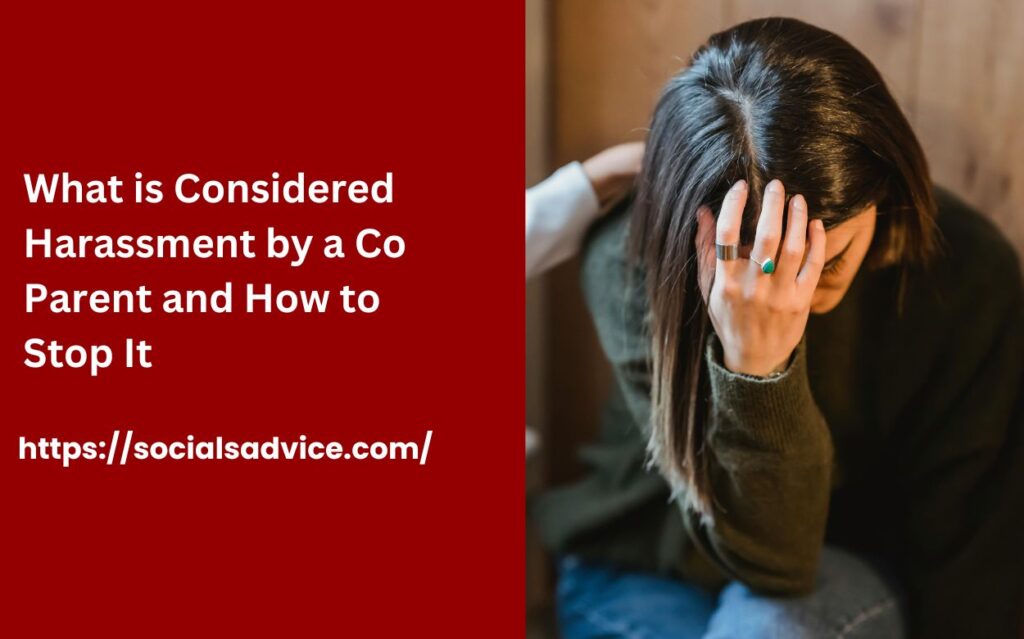
Accumulation is a long and drawn-out process that gives all parties an equivalent opportunity to weigh the merits and demerits of their claims.
Your lawyer will be with you, you have to be firm on your point of view. You can share your experience, events, and outcomes that have impacted your life with the attorney representing the other party and their client.
You should review any details or events that you partially remember. This is important if you need to be fully prepared for a deposition and prevent defense attorney from using it against you.
Other than that, It is also important to have access to any claims made about your case so that your position is firmly grasped.
During depositions, lawyers use tactics to gain insight from witnesses, sometimes these tactics are used to confuse the witness into giving wrong answers.
Tricks Lawyers Use in Deposition
Listen Carefully
The last thing you want to do is provide too much information to opposing counsel. Because they sometimes use this information against your case and weaken your position.
It is wise to avoid handling extra material or information, as they want to learn as much as possible. Be careful throughout the process and answer the questions briefly.
Going Out of Context
One of the tips for submissions’ lawyers is to read documents out of context and focus on the content they want to emphasize.
The attorney will select a particular phrase or term for your case and ignore all others. The attorney clarifies his position to make his case to the judge and jury.
Do not Interrupt
Let the lawyer finish the questions before answering as this enables you to take your time to consider the correct answer. Also, remember the essential tricks lawyers use in depositions.
Be Oriented
It is wise to remember that the lawyer wants to get any kind of information. He will need a false horizon from the jury. Make sure you stick to the facts and skills you’ve learned. You should stay focused and avoid false horizon tactics.
Refuse Question
Opposing attorneys may use overly long or complicated language, ask random questions, or even seem confused by one of your answers, making you feel dissatisfied, angry, and frustrated.
Refusal to answer is one of the tricks used by lawyers in the statement, as they often say, don’t answer the question. They do this because it requires legal judgment and buys time.
Recess
An attorney may request leave when he needs to leave the room to study a relevant document for information or to communicate with his client.
Continuance
Lawyers may request a continuance if they provide a valid reason for postponing legal proceedings. Such tricks used by lawyers in depositions are intended to give the parties extra time to prepare for the hearing.
Stay Calm
It is important not to get angry if the opposing counsel asks irrelevant questions. You should be composed and answer with an open mind.
During the submission, do not hand over the material to the opposing party as their aim is to gather as much information as possible. Keep your comments shorts and to the point.
Compound Questions
Another submission tip that attorneys use is to ask compound and double questions. Such questions are vague and not allowed in deposition and should be objected to by your attorney.
Attorney-Client Privilege
Your conversation with your attorney is private, and you should not discuss anything outside of the deposition. When the opposing party questions about confidential information, let your lawyer answer.
Review Document
The witness is allowed to read the documents before testifying because the purpose of the deposition is to get accurate answers. Additionally, It shows that they are justified in their actions rather than trying to eliminate the problem.
Objection
A trick used by attorneys (tricks lawyers use in submissions) is trail delay. Sometimes, opposing counsel raises questions to take up valuable court time.
Lawyers may object to warn their clients not to answer a question because it may be incriminating or they use objection because the answer may reveal confidential information.
Explain your Answer
Providing clarity when answering is very important because lawyers ask questions that require a simple yes or no. As we also know, there is no answer that is simple and straightforward.
Also, make sure you say everything loud and clear as your speech is transcribed by the court reporter.
No Preparation
Among the tactics used in submissions lawyers, a common trick is to tell the court that you don’t have time to prepare. This often happens when documents are submitted for inspection and there is no opportunity to review them prior to submission. Usually, you can request specific papers or documents when you hear this.
Always Speak the Truth
How to collect that can be a tricky question. However, it should go without saying that, above all, you need to be honest! Exaggeration, misrepresentation, or lying in any other way destroys a case faster than anything else.
Perjury is against the law and will damage your case. Small details may be unimportant to the opposing party, but if you say something contradictory, they will use it to cast doubt on your credibility.
A formal, recorded question-and-answer session that takes place when witness is under promise. Generally, depositions serve two purposes: to find out what you know and to record your testimony for future use, either in a motion to file with the court or at trial.
The examiner, the person who create the questions, will do so with the goal of learning details that will carry the case being made by client. Following the above suggestions for submissions can help reduce your stress levels and make submissions more successful.
CONCLUSION
A false statement by you violates the law and weakens your case. The other side usually doesn’t bother about the little things, but if you say something inconsistent, they will take advantage of it and question your credibility. However, it should be clear that being truthful is the most important thing.
Frequently Asked Questions
The opposing party will certainly ask probing questions, so you may provide information that will weaken your case. They are getting more information, so they can use it against you.
What should you do when lawyers ask confusing questions?
How to answer irrelevant questions?
You should stay focused and not let anger cover your face. The opposing counsel will ask irrelevant questions. It’s wise to stay calm and think before you speak.
Can you refuse a question during deposition?
Yes, your lawyer can avoid raising a question that doesn’t seem relevant because it might reveal sensitive or confidential information.


